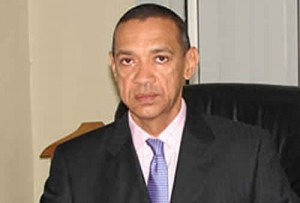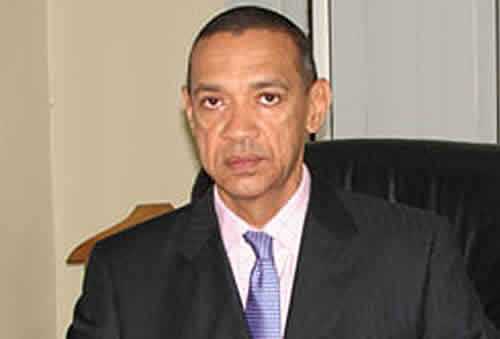
The restriction imposed on Nigerian debit cards abroad is leading to capital flight, the senator representing Bayelsa East, Ben Murray-Bruce, has claimed.
Murray-Bruce, in a published article titled, ‘Wailing on the economy,’ suggested that the value of the naira was depreciating not only due to the falling prices of crude oil but also because of a unique type of capital flight that had arisen in response to the ongoing forex restriction.
Murray-Bruce, who said he had a personal experience where his card refused to work while trying to order some books online, added that he made some enquiries and found out that Nigerians, faced with the inability to use their Automated Teller Machine cards abroad, were heading for the parallel market to buy foreign currency in unprecedented numbers and then flocking to neighbouring countries like Benin Republic and Ghana to open accounts there because ATMs from Beninoise and Ghanaian banks work overseas.
While noting that there was a possibility that Nigerians were opening bank accounts in Benin Republic, an expert on trade across ECOWAS and the Chairman, Alsana-Sala Soadua Limited, Benin Republic, Alhaji Nasiru Salami, said Benin Republic might also start putting restrictions on the use of its ATM cards abroad if the situation had a negative effect on its currency.
Professor of Economics at the Olabisi Onabanjo University, Ago Iwoye, Ogun State, Sheriffdeen Tella, agreed with Salami.
He said, “They can do it but those countries also have their rules. The situation will affect the currencies of those countries and not Nigerian currency. A country like Ghana for instance, has been battling with the management of its currency for years, so they have their restrictions too.
“They can allow them to open the accounts but it is after opening that they will know that it won’t work.”
But the Director-General of the Nigerian Association of Chambers of Commerce, Industry, Mines and Agriculture, Mr. Emmanuel Cobham, said these were people looking for a way out of the current forex restriction.
He argued that for the countries involved, if the demand did not exceed the supply, it would translate into an economic boom noting, “It is a pointer to the Nigerian policymakers to look inwards and see that this is the consequence of that forex policy and that they need to tailor solutions to cushion it.”







